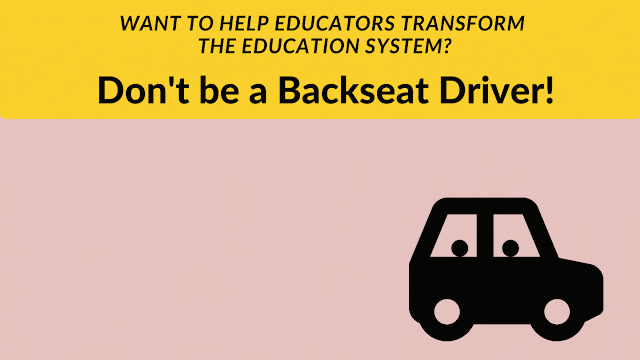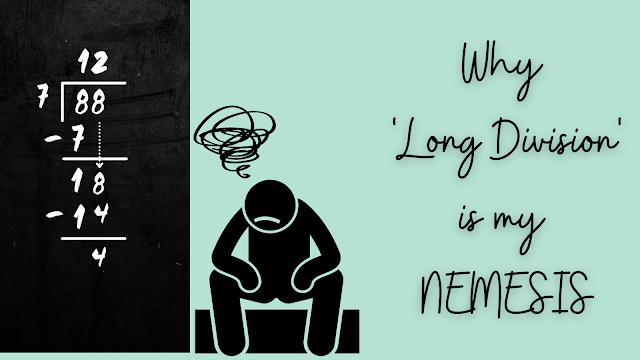Education FTW (for the Win-Win)
I wonder: Can educators serve students, society, and generate wealth for themselves and their organisations through win-win avenues? Exploring social entrepreneurship in education might help us unlock opportunities and solutions.
Over the last few years I have been thinking a lot about creating win-win opportunities - where they can exist in education and what they might look like in my life. I wrote a little about it in this blog post. I also have been increasingly curious about the role of social entrepreneurship in education, particularly in schools (as opposed to EdTech companies on the fringes).
Inspired by a fascinating win-win story: Maui Nui Venison
Today I was inspired by an amazing win-win story in this Tim Ferriss Podcast episode with Jake Muise.
Jake Muise runs a meat store that sells ‘responsible red meat’. When I heard this my first thought was just another meat company that minimised the suffering of animals, using humane means for slaughtering. Really nothing special here, probably just strong marketing. But as I listened on I realised that my instincts were wrong. I discovered a fascinating motivation behind this project that I will explain briefly, but I strongly encourage you to listen to Jake Muise talk about it on the podcast instead because I have left out so many amazing details.
Jake happened to discover that Axis deer on the island of Maui were throwing the balance and ecology of the island out of whack. This was because Axis deer were not native to the island and a bunch of other reasons you can hear on the podcast. From what I understood, the problem was massive (But watch the proper explanation here) because they had turned into an invasive species impacting agriculture, food production and threats to biodiversity. The deer population exploded to such a high level that there were deer ‘die-offs’ with multiple deer just dying of malnutrition. Therefore deer population control was a clear need on the island.
And in this context, Jake and his wife brought their win-win idea to life - a mission to balance out the island’s invasive axis deer populations with a ‘responsible red meat’ business. They built their solution with innovative methods involving an awe-inspiring synergy of environmental and cultural knowledge, technology and data amongst other things. Added bonuses were that they created one of the most humane processes, they engage the local community and because it is set in the wild, they render extremely nutrient-dense meat.
They literally made it a win-win-win-win.
While I don’t know much more about the business and whether it will stand the test of time, this idea right here sounds like sheer brilliance to me - a beautiful example of a Win-Win philosophy.
3 Things that I will be borrowing from this story for education:
- A Win-Win Approach - It is clear that Jake’s intention is to create a system that benefits and his mission to balance the ecology, community and culture of Hawaii. It is evident in his company's communication, approach and actions. A fun fact I picked up from the podcast which is also a testament to their values - ‘ a decent portion of their customer base is vegans or vegetarians who make a sole allowance for Maui Nui venison’.
- Vu Ja De - Seeing something that exists before you in a completely new way. I read this - ‘Vu Ja De’ in Adam Grant’s book ‘Originals’ a few years ago. Jake was able to recognise the opportunity in the pervasive and well known Axis Deer Population issue and design an innovative solution around it. This captures the concept of the fresh perspective of Vu Ja De so beautifully.
- A Social Entrepreneurship Mindset - Jake built a company around this mission. Creating value in society and simultaneously generating wealth is a win-win that not only benefits both parties but it also creates a sustainable organisation / service that is more enduring. This model can allow the company to grow organically while simultaneously creating more impact. It can allow people that care to stage engaged in the cause or their vocations because they can earn a good living.
Will society be more supportive (and less judgemental) of people that take more entrepreneurial approaches to education?
I decided to become an educator because education felt like a direct way to engage in fulfilling work that could have a small positive impact on others. This has held true for me over the last 16 years.
Educational work can very obviously be a positive contributor to the lives of others and society at large. At the same time, the economics of the education space don’t really allow for it to be a very lucrative vocation for most.
Also, it seems like we have imposed a false dichotomy on education - it feels like society believes that a ‘service-orientation’ (in which educators are committed to serving students) and more entrepreneurial approaches that also generate wealth are mutually exclusive.
I have found that in education it is almost as if people assume that educators can only be committed if they are not earning a lot of money :)
Can a ‘spirit of service’ and ‘entrepreneurship’ co-exist in education?
I wonder if just like Maui Nui Venison, educators can find win-wins that allow us to be ‘committed to students’ and ‘service-oriented’ while simultaneously generating wealth?
This story has rekindled my deep desire to explore this - can educational organisations provide a service-oriented, high quality education to students / society while simultaneously generating wealth for the organisation and its employees?
All these ideas are surely easier said than done. My current capabilities are too limited to answer this, but maybe with collaborative exploration around this question, we might find some innovative ways.
I hope other educators too might use this story to discover more entrepreneurial, win-win solutions that might be lurking in our schools and around us in the education space. I will keep exploring this path with patient optimism!


.PNG)



Comments
Post a Comment